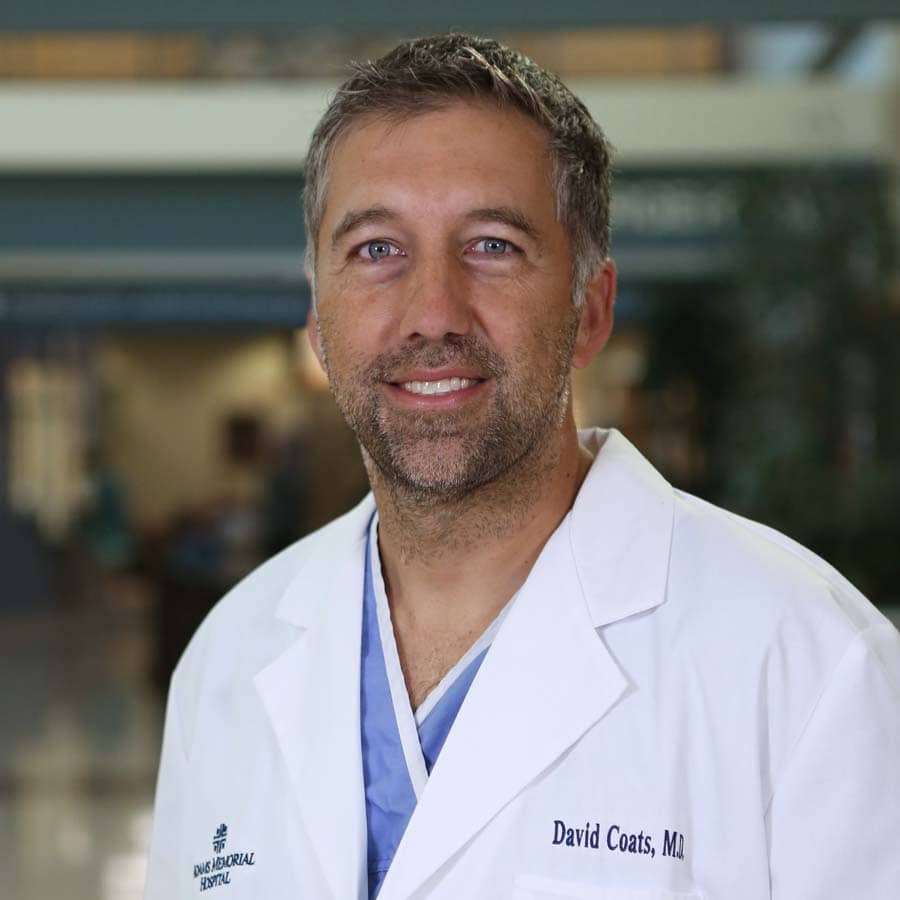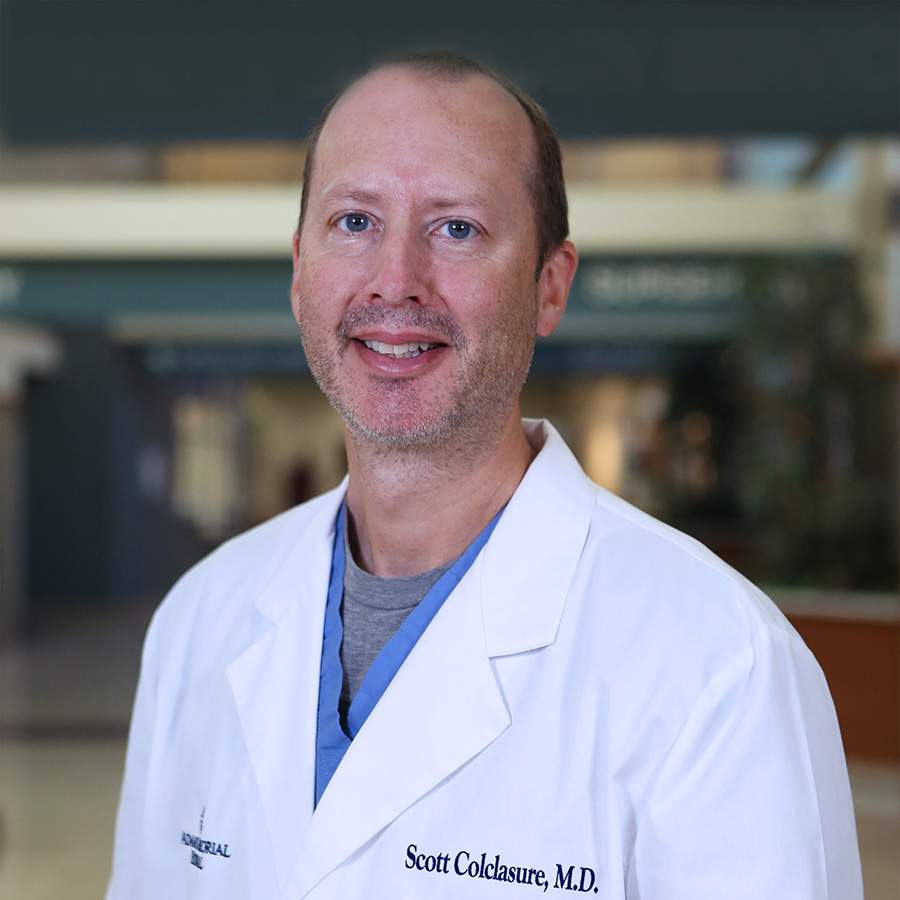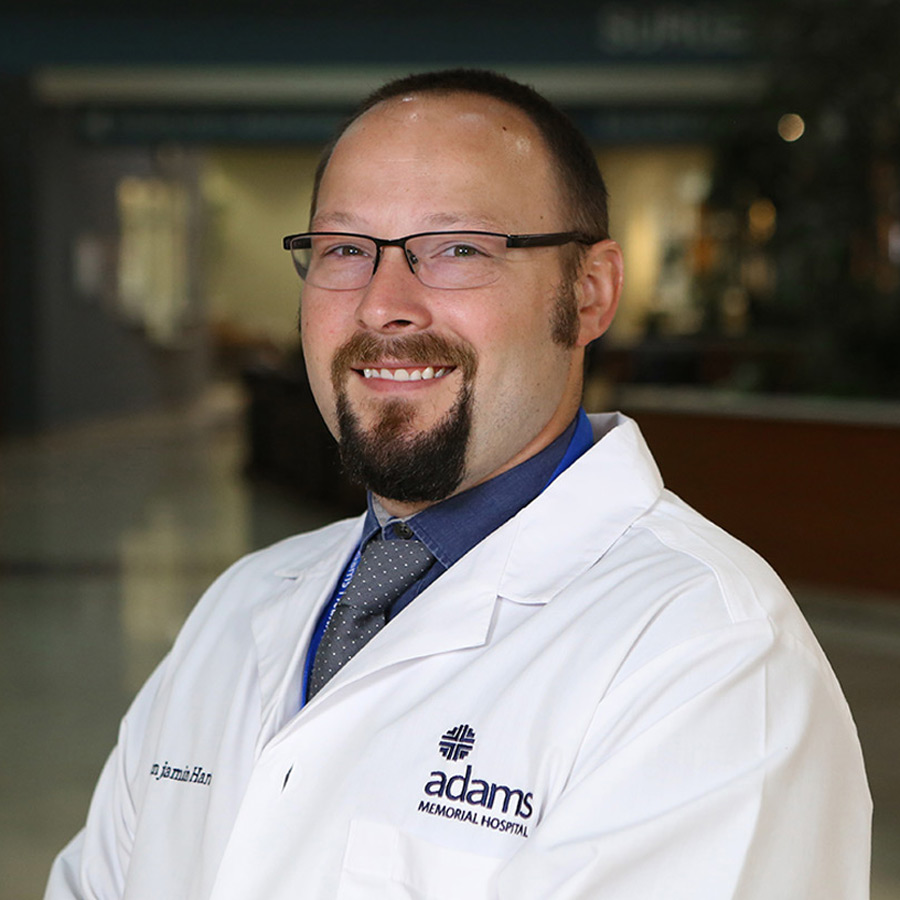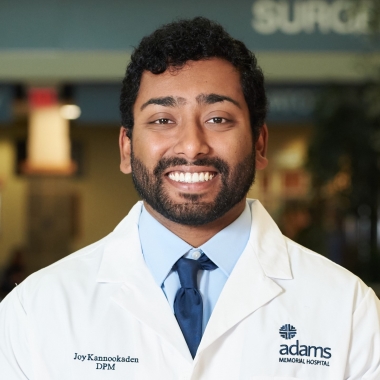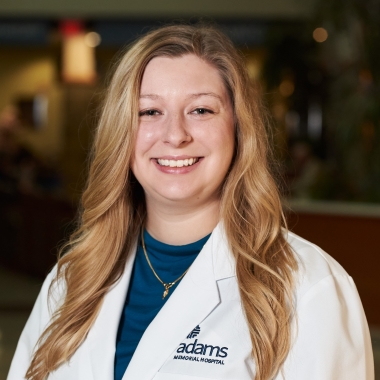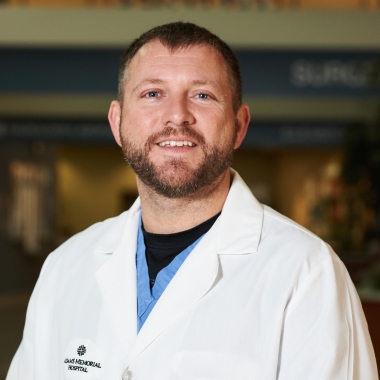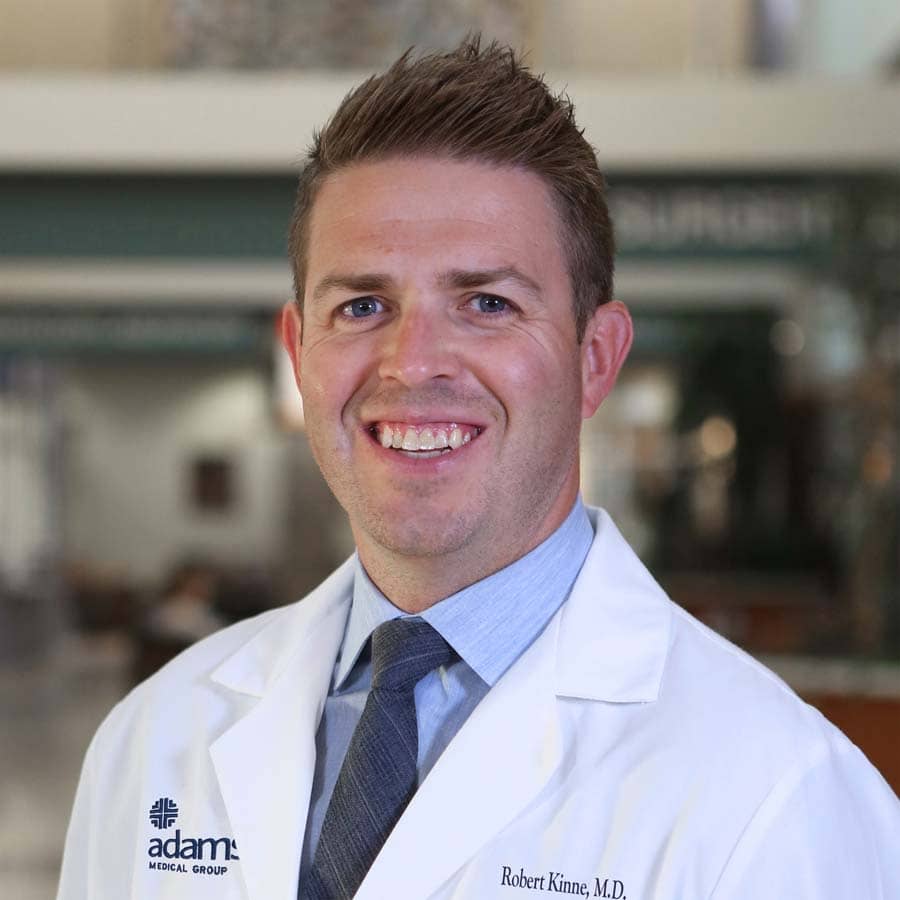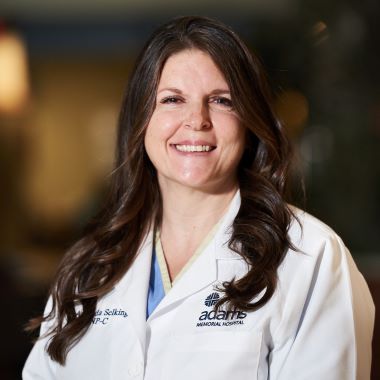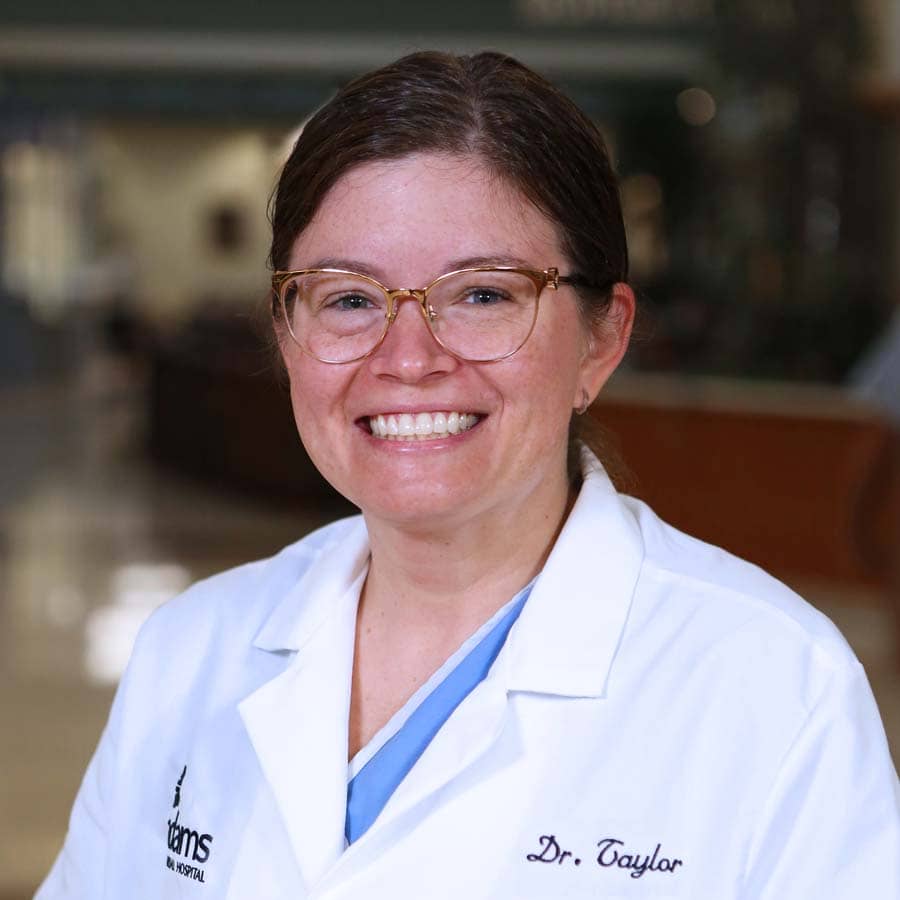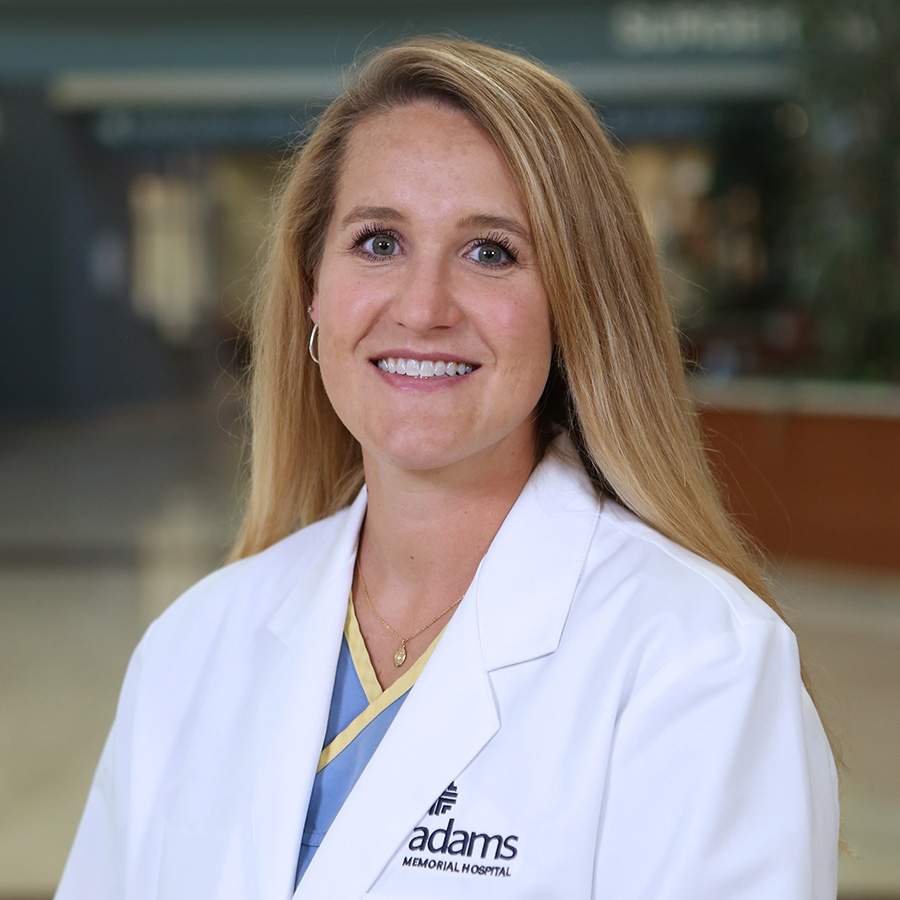We’re proud to offer residents of Adams County and surrounding communities with a team of board-certified surgeons capable of handling a wide array of advanced procedures, including minimally invasive surgery.
Our surgery staff provide personalized care for inpatients and outpatients requiring surgical services. Our trained professionals are here to serve your surgical needs by providing individualized care and education to you and your family throughout the process, from admission to discharge.
Surgical Hours and Location
Our surgical and endoscopic areas are located on the first floor of Adams Memorial Hospital. Most procedures are scheduled from 7 a.m. to 3:30 p.m. Some surgeries are performed on an emergency basis and can be performed at any time. We appreciate family support during the surgical process and encourage family presence. Designated family members may use our waiting lounge during your surgical procedure and will be informed of your progress.
Surgical Services
We offer the latest advancements in surgical procedures, and our surgeons are trained in a variety of surgical procedures including:
- General surgery – Includes appendectomy, breast cancer-related surgeries, colonoscopies, endoscopic procedures, gallbladder surgeries, hernia repairs, laparoscopic surgery and open procedures
- Orthopedic surgery – Includes joint replacement surgeries, bone and joint surgeries, arthroscopic surgeries (ACL, PCL, meniscus), rotator cuff procedures and many other minimally invasive treatments for arthritis and chronic tendon injuries
- Urological surgery – Includes urologic oncology, stone disease, hematuria, complex and recurrent urinary tract infections, interstitial cystitis, prostate health, male health and sexual function, and urinary incontinence
- Obstetrical/gynecological surgery – Includes ablation, cervical cryosurgery, colposcopy, D&C, hysterectomy and hysteroscopy
- Podiatric surgery – Includes complex lower extremity trauma, rear foot and forefoot reconstruction, diabetic nerve care and surgery, diabetic limb salvage and reconstruction, warts/bunions/or ingrown toenail removal, and heel spurs and hammer toe correction
- Pain and interventional spine management procedures – Includes steroid injections, kyphoplasty, spinal cord stimulators, radiofrequency ablation and diagnostic ultrasound-guided spine and musculoskeletal injections/procedures
- Sports medicine procedures – Includes diagnostic ultrasound-guided procedures to diagnose sports-related injuries. Also includes minimally invasive procedures to treat muscle, orthopedic and nerve conditions
- Regenerative medicine procedures – These treatments use your body’s stem cells to heal damaged tissues, tendons, ligaments, cartilage, spinal discs and bones
- Ear, nose and throat surgery
- Ophthalmic surgery
What to Expect When You’re Having Surgery
A staff member will contact you prior to your surgery appointment. We will need to discuss with you:
- Health history
- Medications – what are you currently taking and if any medications must be withheld prior to surgery
- Allergies
- Specialty care
- Past surgical history
- Preoperative testing (labs, EKG and other ordered tests)
- Preoperative care
- Transportation
Upon arrival, patients are registered and escorted to our preoperative care area, where nurses will help you prepare for your procedure. You will have an opportunity to discuss your condition and have any of your questions answered from your surgical team.
Once patients are out of their procedure, they are sent to recovery. You will stay in the recovery room until you are fully awake and all your medical signs, like blood pressure and heart rate, are stable. How much time you spend in recovery depends on the type of surgery you have. After the procedure, you may be sent to a hospital room or back home to be reunited with your loved ones.
Things to Remember:
- You will need someone to come with you and drive you home.
- Bring a list of your medications, ID and insurance card.
- If you are given a health history sheet to fill out, please bring that with you.
- Observe any special diet instructions given by your physician.
- Follow your surgeon’s instructions on when to stop eating and drinking.
- Always take your blood pressure and thyroid medication as directed by the prescribing doctor with a small sip of water.
- Hold your blood thinning medications as directed by the prescribing doctor.
- Make sure to read through any packet information given to you by the surgeon’s office.
- Jewelry should be left at home.
- Follow the hospital’s visitation policy.
Please note that you may receive a call from registration and preadmission testing as well as a call to confirm your arrival time. We want your experience to be efficient and as comfortable as possible.

